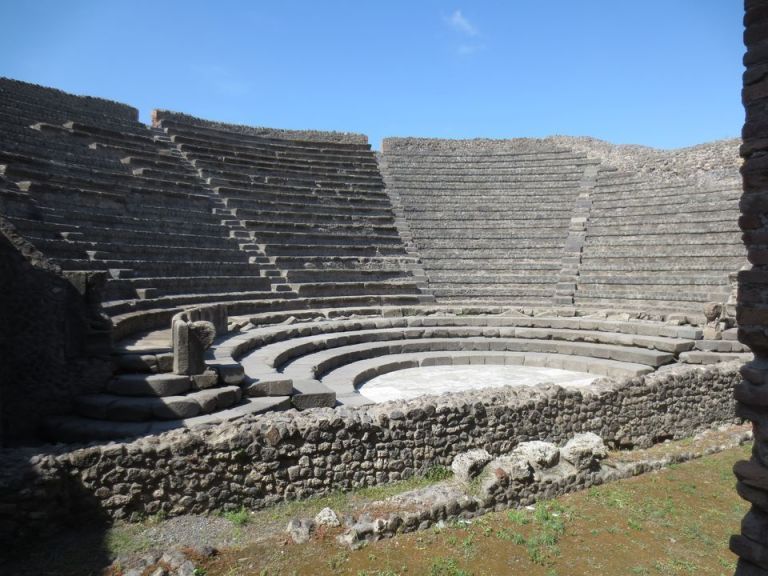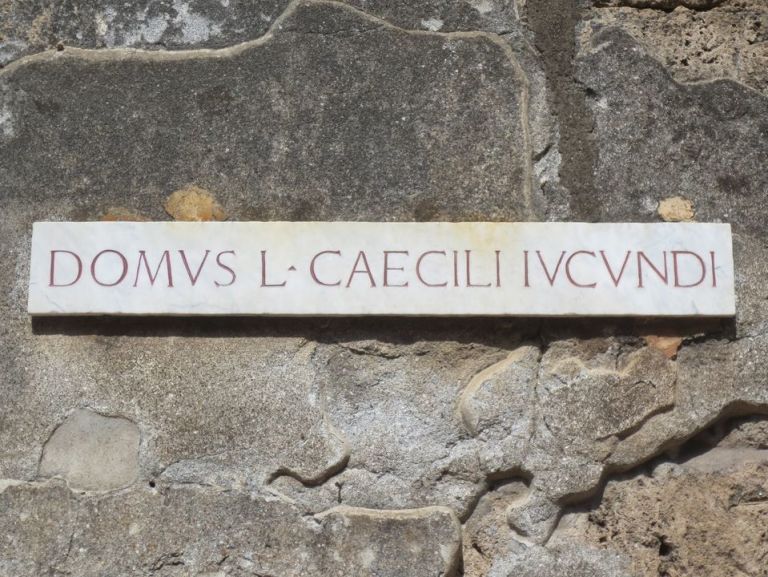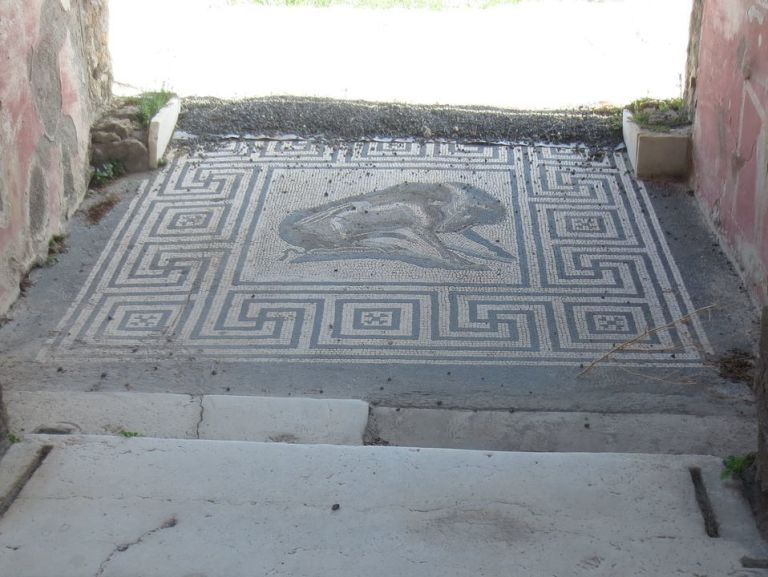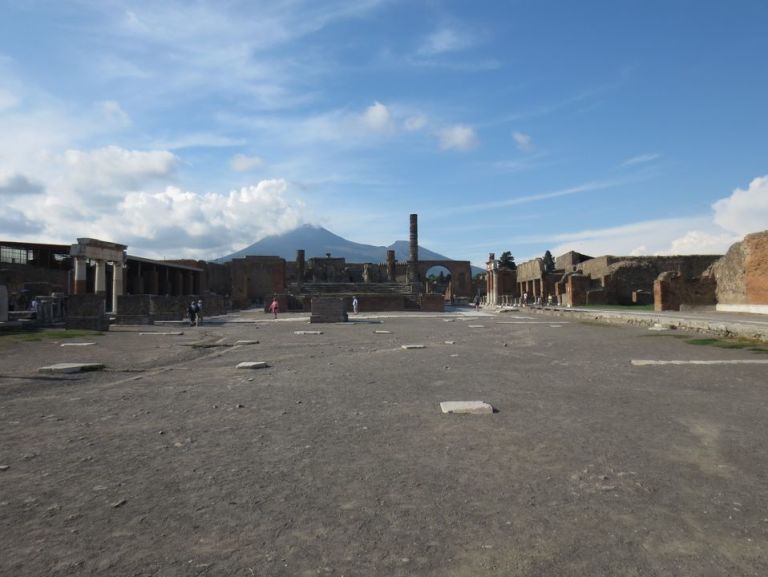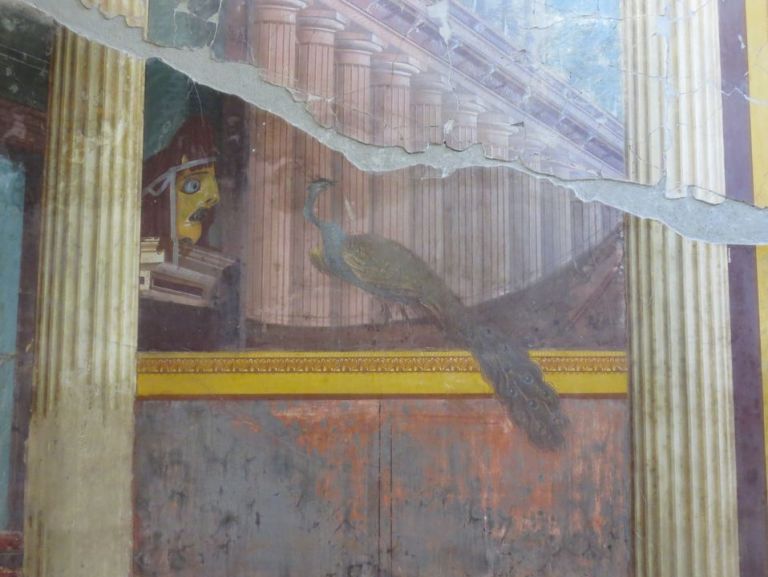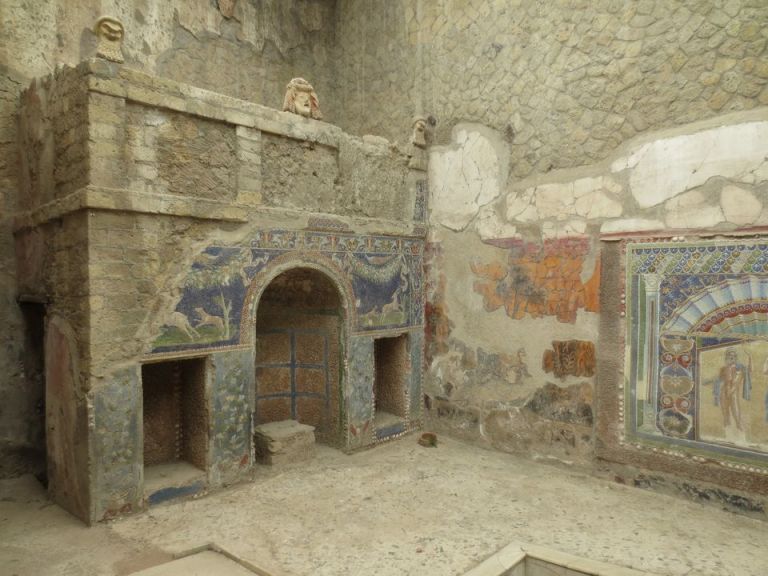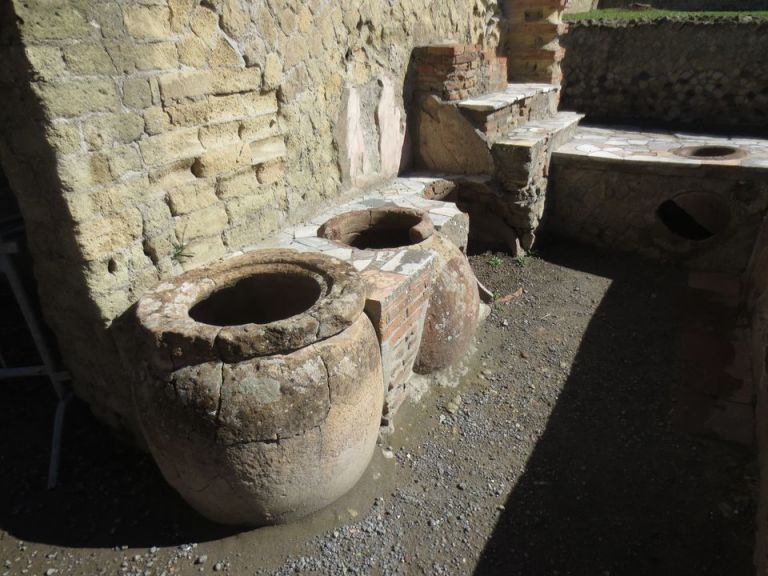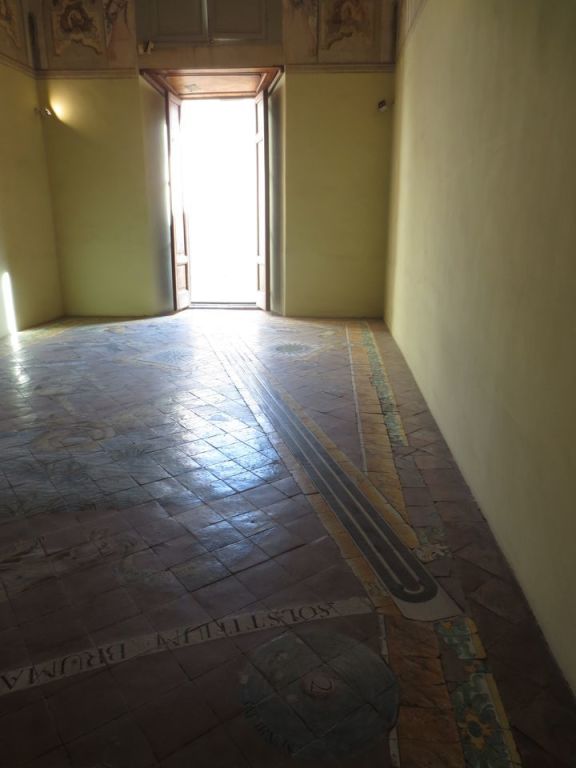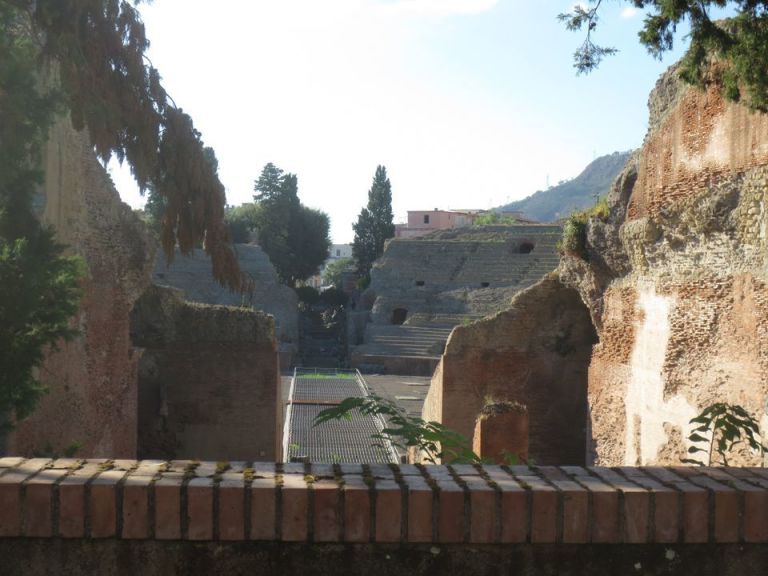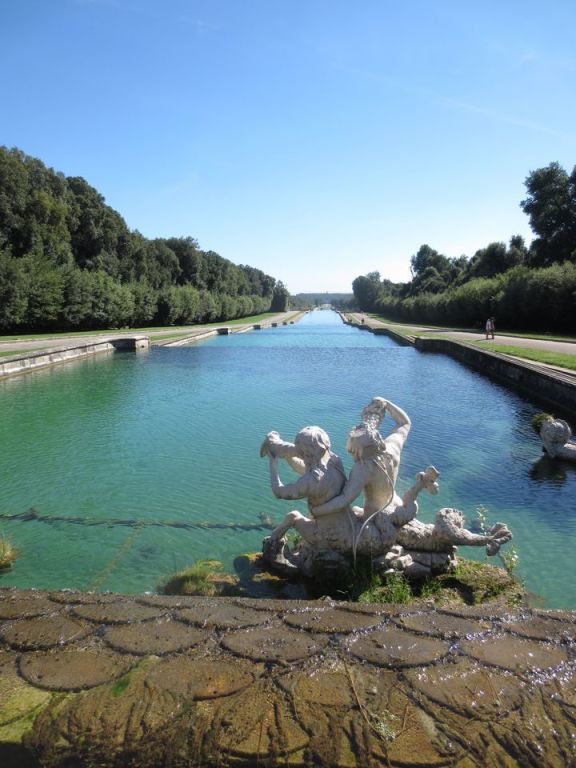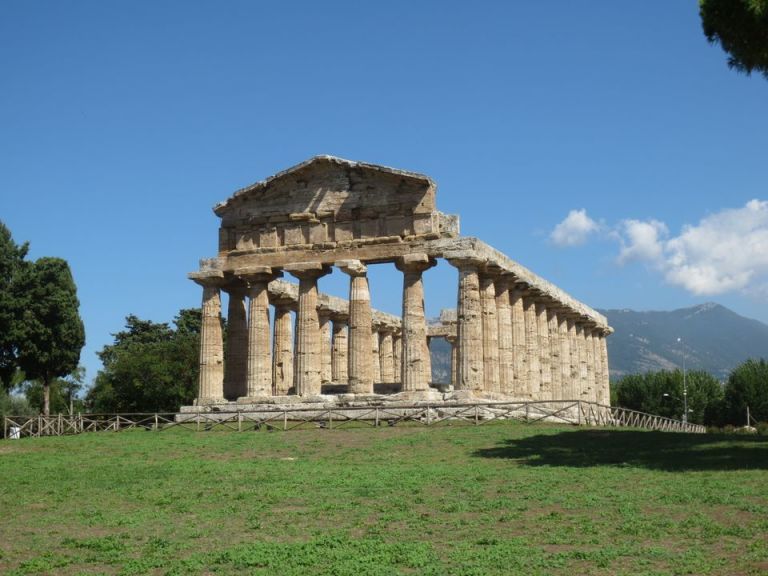Book Review: The Silk Roads - A New History of the World, by Peter Frankopan
The subtitle here is important. I was anticipating a history of the trade routes between Europe and China, through central Asia, and whilst there is some of that in here, the title is almost misleading. But, once I had got over that, it was nevertheless an interesting read. Frankopan (who turns out to be the same age as me) begins by pointing out that the world map he had as a child was largely ignored in the history he was taught at school. I dropped history before GCSE, but I recognise the sentiment, and whilst I think it's reasonable to begin locally, there ought to be wider perspectives.
There are some interesting ideas and the reader is certainly invited to think for themselves in drawing together various threads in the book. In the west, Persians, Greeks and Romans come and go. In the east, the Mongols are the dominant raiders. Jews, Christians, Zoroastrians and Muslims form alliances of convenience and then fall out, repeatedly. Europe - certainly north and west of Rome - is an irrelevance (I remember Norman Davies' history of the continent implied much the same in its introduction), although it is also a source of slaves.
Then Asia gave Europe the Black Death, and in return Europe gave the world the Renaissance, and discovered America. This gives us a few hundred years where the focus of the book pivots in a way I hadn't really expected. The sprawl of the British empire - in both hard and soft power form, often working with local client regimes of variable probity - has taken over more or less everywhere of importance by the end of the nineteenth century.
Then oil was discovered in Iran, in huge quantities. The local regime (see above) had negotiated a deal (you can guess how balanced the deal was) with the British for exploitation of oil resources, a pattern that was mirrored across the region in coming decades, through two World Wars where oil was of massive strategic importance. Post-war, Britain was more or less bankrupt and couldn't sustain the gratuities required to keep those increasingly unstable regimes in power. But then the Americans came along, and fearful of the potential influence of the USSR, made the whole situation even worse. Und so weiter. Spoilers. Somewhere along the way, there was a cheap and lazy (and incorrect) jibe about the EU accounts (I note today that the UK's National Audit Office declines to sign off our own accounts), which was irritating and in any case barely material to the wider story. The book covers the Islamic revolution in Iran through to the demise of Bin Laden in some detail, and it did leave me feeling that the last 70 or so years have been a complete car crash in the region, but also with little idea of how that could realistically have been avoided. Certainly, food for thought.
The subtitle here is important. I was anticipating a history of the trade routes between Europe and China, through central Asia, and whilst there is some of that in here, the title is almost misleading. But, once I had got over that, it was nevertheless an interesting read. Frankopan (who turns out to be the same age as me) begins by pointing out that the world map he had as a child was largely ignored in the history he was taught at school. I dropped history before GCSE, but I recognise the sentiment, and whilst I think it's reasonable to begin locally, there ought to be wider perspectives.
There are some interesting ideas and the reader is certainly invited to think for themselves in drawing together various threads in the book. In the west, Persians, Greeks and Romans come and go. In the east, the Mongols are the dominant raiders. Jews, Christians, Zoroastrians and Muslims form alliances of convenience and then fall out, repeatedly. Europe - certainly north and west of Rome - is an irrelevance (I remember Norman Davies' history of the continent implied much the same in its introduction), although it is also a source of slaves.
Then Asia gave Europe the Black Death, and in return Europe gave the world the Renaissance, and discovered America. This gives us a few hundred years where the focus of the book pivots in a way I hadn't really expected. The sprawl of the British empire - in both hard and soft power form, often working with local client regimes of variable probity - has taken over more or less everywhere of importance by the end of the nineteenth century.
Then oil was discovered in Iran, in huge quantities. The local regime (see above) had negotiated a deal (you can guess how balanced the deal was) with the British for exploitation of oil resources, a pattern that was mirrored across the region in coming decades, through two World Wars where oil was of massive strategic importance. Post-war, Britain was more or less bankrupt and couldn't sustain the gratuities required to keep those increasingly unstable regimes in power. But then the Americans came along, and fearful of the potential influence of the USSR, made the whole situation even worse. Und so weiter. Spoilers. Somewhere along the way, there was a cheap and lazy (and incorrect) jibe about the EU accounts (I note today that the UK's National Audit Office declines to sign off our own accounts), which was irritating and in any case barely material to the wider story. The book covers the Islamic revolution in Iran through to the demise of Bin Laden in some detail, and it did leave me feeling that the last 70 or so years have been a complete car crash in the region, but also with little idea of how that could realistically have been avoided. Certainly, food for thought.
